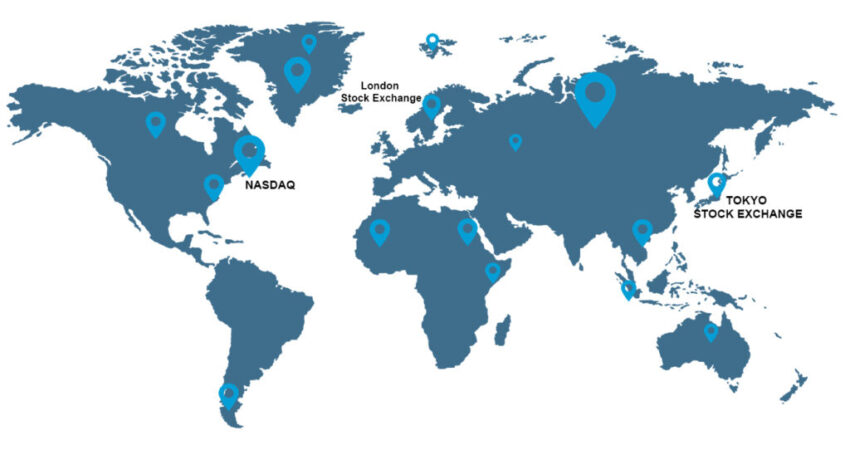Global Investments
If you are considering to invest abroad, go on an international vacation or even send your children for studies abroad, the RBI’s Liberalised Remittance Scheme (LRS) will be the one-single stop for all your concerns related to foreign exchange. As the name suggests, LRS is all about the remittances (investing abroad) that an Indian resident individual is allowed to make. In other words, Liberalised Remittance Scheme is a platform introduced by RBI that simplifies the process of remitting funds outside India for the resident individuals without having a need to seek special approval from RBI to the extent of USD 250000/-

Capital Account transactions allowed under Liberalised Remittance Scheme (LRS):
- Investments in Mutual Fund units
- Buy foreign stocks (both listed and unlisted)
- Purchasing a property abroad
- Opening of foreign currency account with a bank abroad
- Acquisition of ESOP’s
- Establish wholly owned subsidiaries and joint ventures abroad for bona fide business (Terms & Conditions applied)
- Providing loans including loans in Indian Rupees to NRI’s who are relatives as defined in Companies Act, 1956
Why LRS is important:
The LRS empowers resident individuals to invest in foreign assets and build a better economic future for themselves and their families. For families with children studying abroad, LRS ensures a safe and efficient way of paying fees and meeting living expenses. Many Indians go abroad to seek necessary medical treatment. The LRS allows them to pay for it without the added hassle of too many protocols and paperwork.
Tax Collection at Source (TCS) under LRS:
Under section 206C(1G), TCS shall be collected by every person, being an authorized dealer, who receives an amount or aggregate of all the amounts exceeding Rs. 7,00,000 in a Financial Year from a buyer for remittance out of India.
The amount of TCS to be collected shall be 5% of the amount to be remitted and such TCS shall be collected at the time of debiting the amount payable by the buyer or at the time of receipt of such amount from the buyer, whichever is earlier.
The tax paid during TCS is not additional tax on the fund transfer. The TCS will be reflected as tax credit in your Form 26AS. Therefore, the amount of TCS can be claimed as credit against tax payable while filing income tax returns. In case the TCS is higher than your tax payable, you will get a refund.
Repatriation of Funds
If someone has invested across shares and mutual fund schemes abroad, the LRS rules allow the investor (unless it is an overseas direct investment) to retain and reinvest the income earned in that country. It is not necessary for the investor to repatriate the accrued interest or dividends on the deposits and investments made abroad.
So, the dividend earned on your investments in stocks or interest earned from the investments held as bonds can be retained abroad. Such earned income can then be used to re-invest or to meet any expenses abroad. Even the profits realised from investments in ETF’s and real estate can be redeployed abroad without bringing it back to the domestic bank account.
